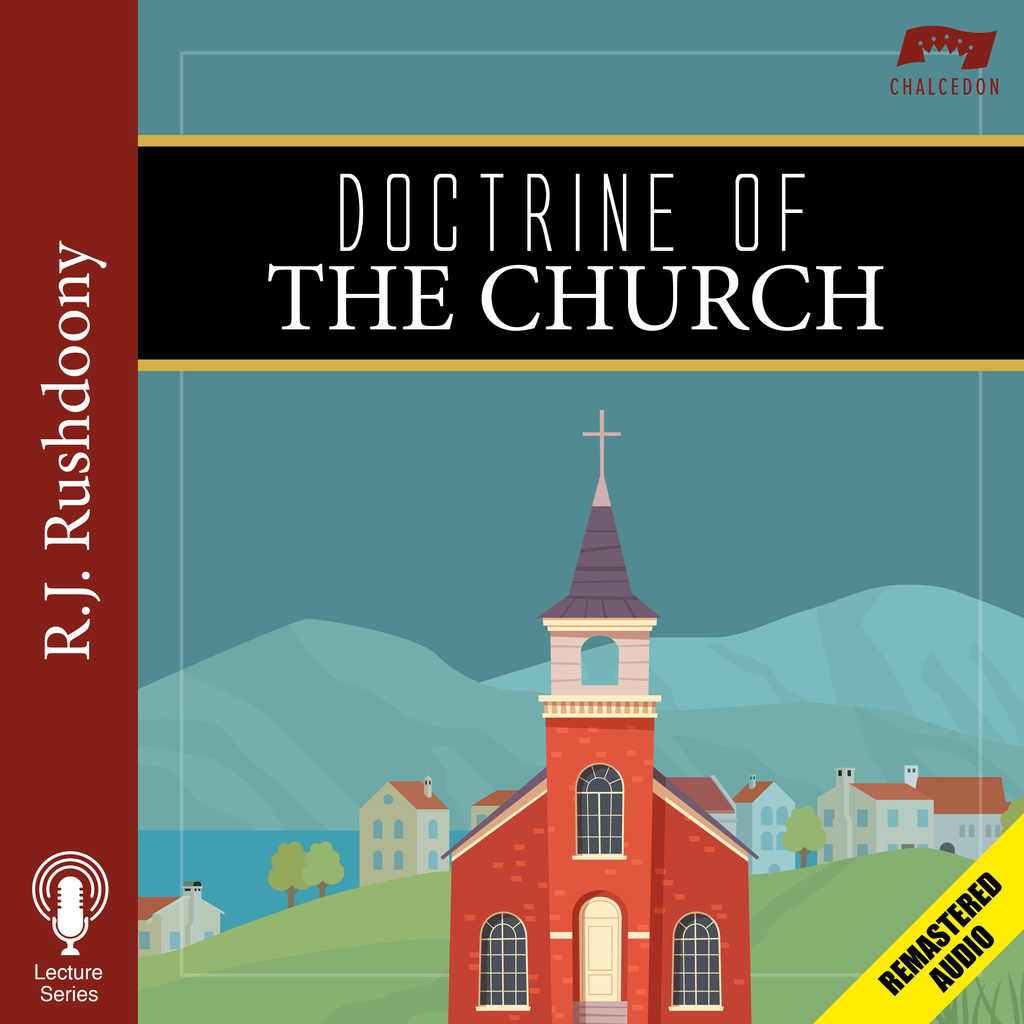
The House of God
Before there was an institution called the church, we have the house of God. So that we have to see that the house of God is not primarily an institution, but it is a relationship. Long before the tabernacle was built, and long before the temple was built, scripture speaks of the house of God. Now, it does so in the same sense that the word is used concerning the house of Abraham, and the house of Noah; the family, or the household. So, the primary meaning of House of God is not to a building. It is to a family relationship, and this is basic to the life of the church.

- R. J. Rushdoony
Before there was an institution called the church, we have the house of God. So that we have to see that the house of God is not primarily an institution, but it is a relationship. Long before the tabernacle was built, and long before the temple was built, scripture speaks of the house of God. Now, it does so in the same sense that the word is used concerning the house of Abraham, and the house of Noah; the family, or the household. So, the primary meaning of House of God is not to a building. It is to a family relationship, and this is basic to the life of the church.

- R. J. Rushdoony
Rev. R.J. Rushdoony (1916–2001), was a leading theologian, church/state expert, and author of numerous works on the application of Biblical law to society. He started the Chalcedon Foundation in 1965. His Institutes of Biblical Law (1973) began the contemporary theonomy movement which posits the validity of Biblical law as God’s standard of obedience for all. He therefore saw God’s law as the basis of the modern Christian response to the cultural decline, one he attributed to the church’s false view of God’s law being opposed to His grace. This broad Christian response he described as “Christian Reconstruction.” He is credited with igniting the modern Christian school and homeschooling movements in the mid to late 20th century. He also traveled extensively lecturing and serving as an expert witness in numerous court cases regarding religious liberty. Many ministry and educational efforts that continue today, took their philosophical and Biblical roots from his lectures and books.